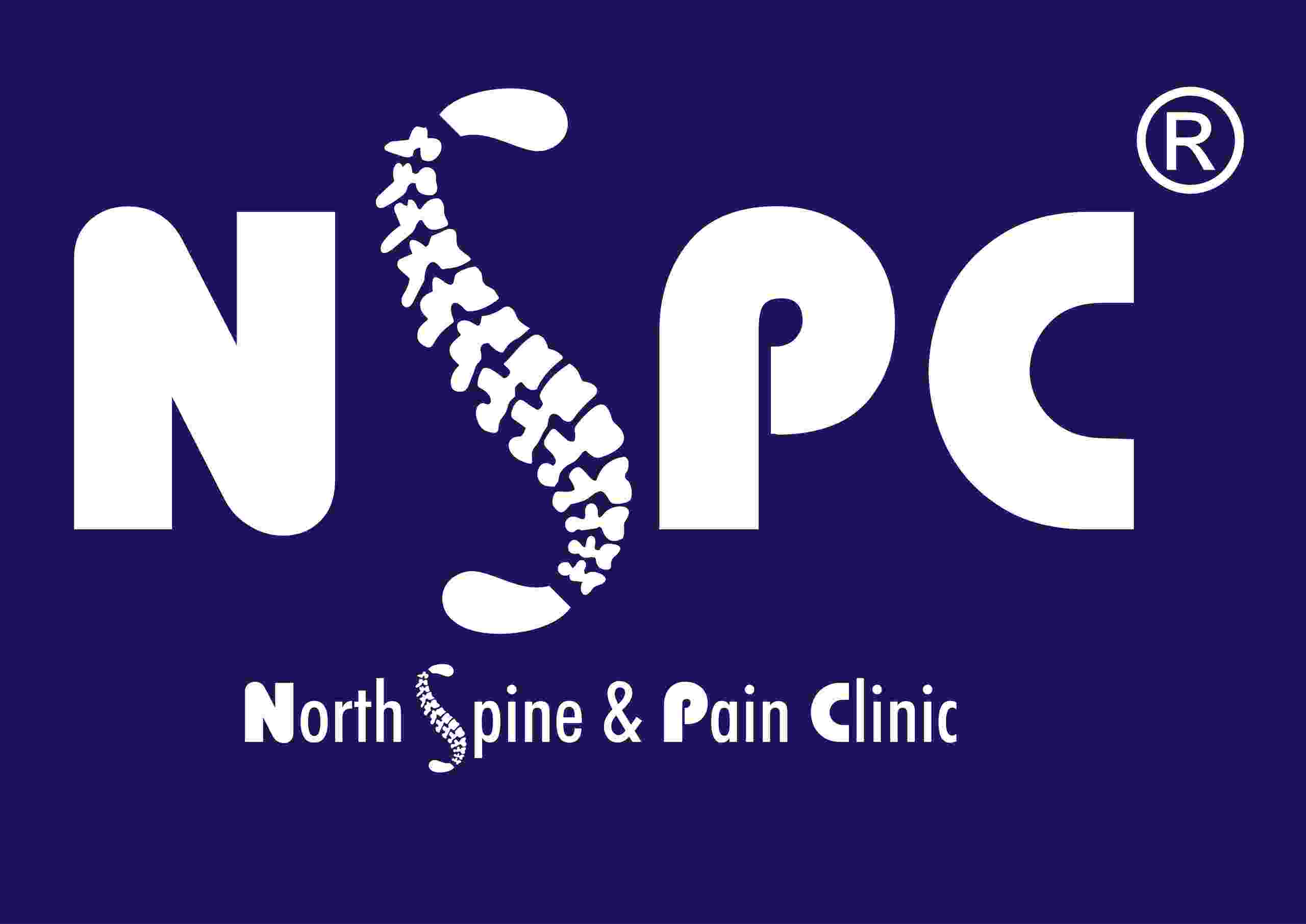
FROZEN SHOULDER
The shoulder has a broad and all-round range of motion. Frozen shoulder triggers when something goes wrong with your shoulder, it hinders your ability to move freely and can cause immense shoulder pain and discomfort. The shoulder joint is the most flexible joint in the body. It moves the arms in all directions.
Shoulders get their range of motion from the rotator cuff. It may be painful or difficult to lift your arm over your head if the tendons or bones around the rotator cuff are damaged or swollen. It frequently co-exists with frozen shoulder and cervical or neck pain. Neck and shoulder pain combined has a characteristic feature of shoulder blade pain and upper arm pain. Right shoulder pain may be more common as most people are right-handed.
Frozen shoulder causes | Shoulder pain causes
Rotator Cuff Tear or rotator cuff injury: Every time you move your shoulder, you are using your rotator cuff to stabilize and help move the joint. The rotator cuff is a commonly injured area. The most common injuries are strains, rotator cuff tendinitis, and bursitis.
Tennis players, who use an overhead serve and painters who have to reach upward to do their jobs commonly suffer from Shoulder tendonitis. The tendons that connect muscles to bones can overstretch (strain) or tear, partially or completely. The rotator cuff can also strain or tear after a fall, a car accident, or another sudden injury.
Adhesive capsulitis: Frozen shoulder is the common name for adhesive capsulitis, which is a shoulder joint pain condition that limits your range of motion. When the tissues in your shoulder joint become thicker and tighter, scar tissue develops over time. As a result, your shoulder joint doesn’t have enough space to rotate properly. Common symptoms include swelling, pain, and stiffness.
Bursitis shoulder: Bursa are fluid-filled pouch found about your joints. They surround the areas where tendons, skin, and muscle tissues meet bones. The lubrication they add helps reduce friction during movement. Bursitis is an inflammation of your bursa. Inflamed bursa cause pain and discomfort in the affected location. They also limit the ways you can move your joints.
Who is at Risk of Bursitis shoulder
- Having a chronic medical problem.
- Participating in repetitive sports or activities.
- Improper posture.
- Getting an infection that can spread to your bursa, bones, and joints.
- Injuries to the bursa.
Possible conditions for bursitis:-
Gout: Gout is a general term for a variety of conditions caused by a buildup of uric acid. This buildup usually affects your feet. If you have gout, you will probably feel swelling and pain in the joints of your foot, particularly your big toe. Sudden and intense pain, or gout attacks, can make it feel like your foot’s on fire.
Trigger Finger: Trigger finger occurs due to inflammation of the tendons in the hand, causing hand tenderness, pain, and deformity. The condition limits your finger’s movement and can make it impossible to straighten your finger.
Arthritis: Arthritis is an inflammation of the joints. It can affect one joint or multiple joints. There are more than 100 different types of arthritis, with different causes and treatment methods. Two of the most common types are osteoarthritis (OA) and rheumatoid arthritis (RA). Periarthritis shoulder is common in old age.
The symptoms of arthritis usually develop over time, but they may also appear suddenly. Arthritis is most commonly seen in adults over the age of 65, but it can also develop in children, teens, and younger adults. Arthritis is more common in women than men and in people who are overweight.
Tendinitis: Tendons are thick cords that join your muscles to your bones. When tendons become irritated or inflamed, the condition is called tendinitis. Tendinitis causes acute pain and tenderness, making it difficult to move the affected joint. Any tendon can develop tendinitis, but you’re more likely to develop it in your shoulder, knee, elbow, heel, or wrist.
Tendinitis may also be called by one of the following names:
- Swimmer’s Shoulder
- Jumper’s Knee
- Pitcher’s Shoulder
- Golfer’s Elbow
- Tennis Elbow
Possible conditions for tendon inflammation (Tendinitis | Tendonitis – Shoulder pain reasons):-
- Rheumatoid arthritis
- Diabetes
- Shoulder impingement
- Shoulder injuries
- Reactive arthritis
- Ankylosing Spondylitis: The most common symptom is back pain in the morning and at night. You may also experience pain in the large joints such as the hips and shoulders. Other symptoms may include:
- Early morning stiffness
- Loss of appetite
- Low grade fever
- Weight loss
- Fatigue
- Anemia or low iron
You need to call a shoulder pain specialist near you or pain management clinic (Shoulder pain treatment specialist) for shoulder pain relief, if you are facing following frozen shoulder symptoms or rotator cuff tear symptoms.
- Avoiding certain activities because they cause pain
- Difficulty achieving full range of shoulder motion
- Difficulty sleeping on the affected shoulder
- Pain or tenderness when reaching overhead
- Left shoulder pain, especially at night
- Progressive weakness of the shoulder
- Trouble reaching behind the back
- Reaching for an item on a high shelf becomes difficult, if not impossible.
- You might not be able to do everyday tasks that involve shoulder movement such as dressing
Interventional Pain and Spine Centre, Delhi, India – 110085, with its branches (contact) at Rohini, Ashok Vihar, Punjabi Bagh, Pitampura, Dwarka, Paschim Vihar (Delhi) and Rohtak (Haryana) is the most advanced pain clinic for shoulder pain treatment and frozen shoulder treatment without any surgery and with minimally invasive, pinhole techniques (Example: PRP). You can meet the best doctor in Delhi for pain management at our centre for joint pain relief. In 80 % cases major surgery like arthroscopy or joint replacement can be avoided.
To know about the most advanced, state-of-the-art and revolutionary treatments offered by our specialists, please click the following links:
- Radiofrequency Ablation
- Shoulder Pain Treatment
To know the benefits of these latest and safest techniques, click on FAQ’s.
